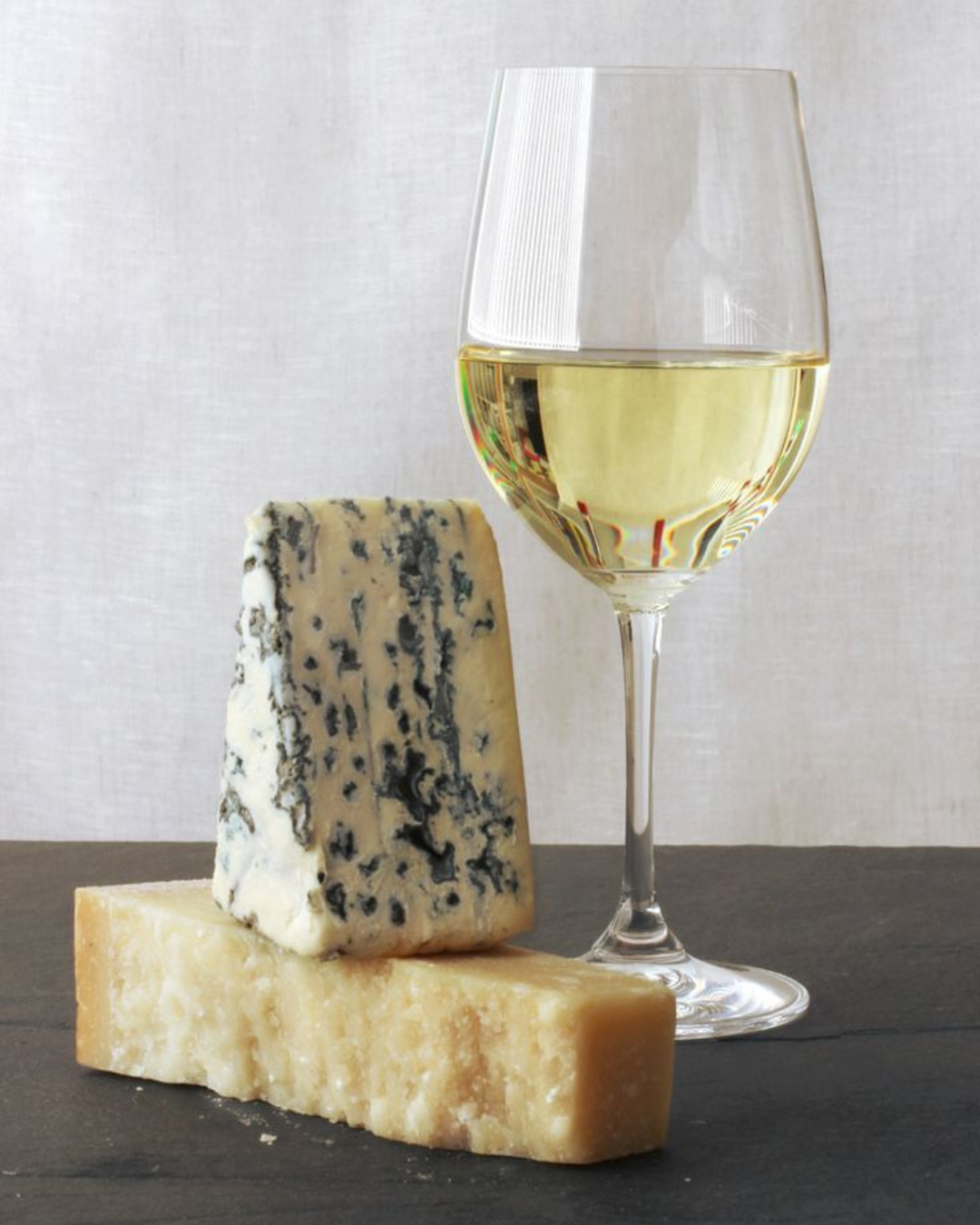
Natural, Organic, Biodynamic Wine: What’s the real difference?
Between that one trendy friend who swears by natural wine and the "organic" label that doesn’t say much… navigating the world of eco-friendly wine can be confusing.
So, what actually separates organic, biodynamic, and natural wines? Spoiler: it’s not just about the label.
1. Organic Wine: No Chemicals in the Vineyard, But Some Flexibility in the Cellar 🌱
A certified organic wine means the vineyard was farmed without synthetic pesticides, herbicides, or chemical fertilizers. Instead, growers use natural treatments like copper, sulfur, and organic compost.
💡 What This Means:
✔️ Fewer chemical residues in the wine (good news for your liver).
✔️ Better for the environment with sustainable farming.
✔️ Sulfites are still allowed, but within regulated limits.
❌ What It Doesn’t Guarantee:
🚫 That the wine is "natural" or free from additives. Organic wines can still be heavily manipulated in the cellar.
🚫 That the wine will taste amazing—organic is a farming method, not a quality guarantee.
📌 Official Labels: AB (Agriculture Biologique), Euroleaf (EU Organic Label).
2. Biodynamic Wine: Following the Lunar Calendar (and More) 🌙✨
If organic wine means clean farming, biodynamics takes it to the next level—combining organic practices with cosmic rhythms. Inspired by Rudolf Steiner’s theories, this method treats the vineyard as a living, self-sustaining ecosystem.
💡 What This Involves:
✔️ Working with the lunar cycles to time vineyard tasks.
✔️ Using special composts (like the infamous cow horn manure buried underground to "energize" the soil).
✔️ Minimal intervention in the cellar (native yeasts, low sulfites, little to no filtration).
✔️ Why It Works:
✔️ Healthier soils lead to more expressive wines.
✔️ Wines often have more depth, energy, and a stronger sense of terroir.
❌ What It Doesn’t Guarantee:
🚫 That all biodynamic wines are excellent—but they often have more personality.
📌 Official Labels: Demeter, Biodyvin.
3. Natural Wine: The Most Radical Approach 🍇🚀
While organic and biodynamic wines focus mainly on vineyard practices, natural wine pushes things even further by limiting interventions in the cellar.
💡 What This Means:
✔️ No industrial yeasts → Only those naturally present on the grapes.
✔️ No filtration, no fining (or just minimal).
✔️ No or very little added sulfites (often <30mg/L, compared to 150mg/L in conventional wines).
✔️ Why It’s Interesting:
✔️ Wines are highly expressive, reflecting the grape and terroir with no artificial influence.
✔️ Transparency → You’re drinking pure fermented grape juice, period.
❌ The Risks?
🚫 More fragile → Poorly made natural wine can go "off" quickly (mousey notes, funky deviations).
🚫 An acquired taste → Some wines can be wild and unpredictable, not for everyone.
📌 No official label, but groups like AVN (Association des Vins Naturels) set industry standards.
4. Breakdown: Who Does What?
| Criteria | Organic Wine | Biodynamic Wine | Natural Wine |
|---|---|---|---|
| No synthetic pesticides? | ✅ Yes | ✅ Yes | ✅ Yes |
| Uses lunar cycles? | ❌ No | ✅ Yes | ✅ Sometimes |
| Industrial yeasts allowed? | ✅ Yes | ✅ Sometimes | ❌ No |
| Sulfites added? | ✅ Yes (but limited) | ✅ Very little | ❌ None or minimal |
| Filtration & fining? | ✅ Yes | ✅ Sometimes | ❌ Rarely |
| Official certification? | ✅ Yes (AB, EU Organic) | ✅ Yes (Demeter, Biodyvin) | ❌ No official label |
5. How Do They Taste? 🍷
✔️ Organic wines → Usually classic, clean wines with eco-friendly farming.
✔️ Biodynamic wines → Often more complex, vibrant, and terroir-driven.
✔️ Natural wines → Can be bold, raw, funky—or simply pure and refreshing.
🎯 Conclusion: Which One Is Right for You?
✔️ If you just want to drink cleaner wine, organic is a great start.
✔️ If you love complexity and a holistic approach, go for biodynamic.
✔️ If you want raw, no-artifice juice, dive into natural wines.
But the best way to decide? Taste them yourself.
🔥 Explore our curated selection here. 🍷



Leave a comment
This site is protected by hCaptcha and the hCaptcha Privacy Policy and Terms of Service apply.